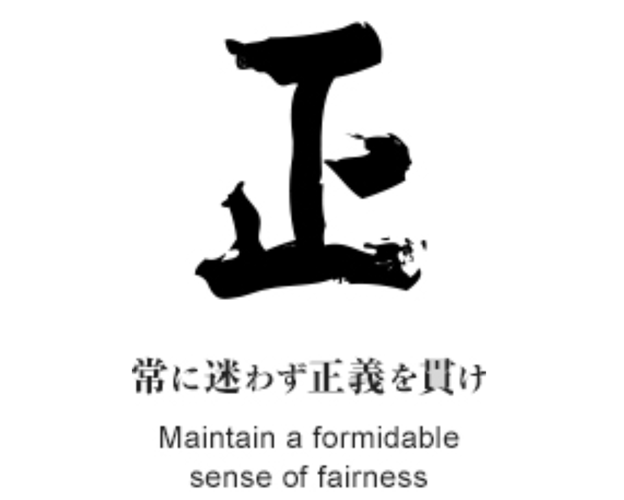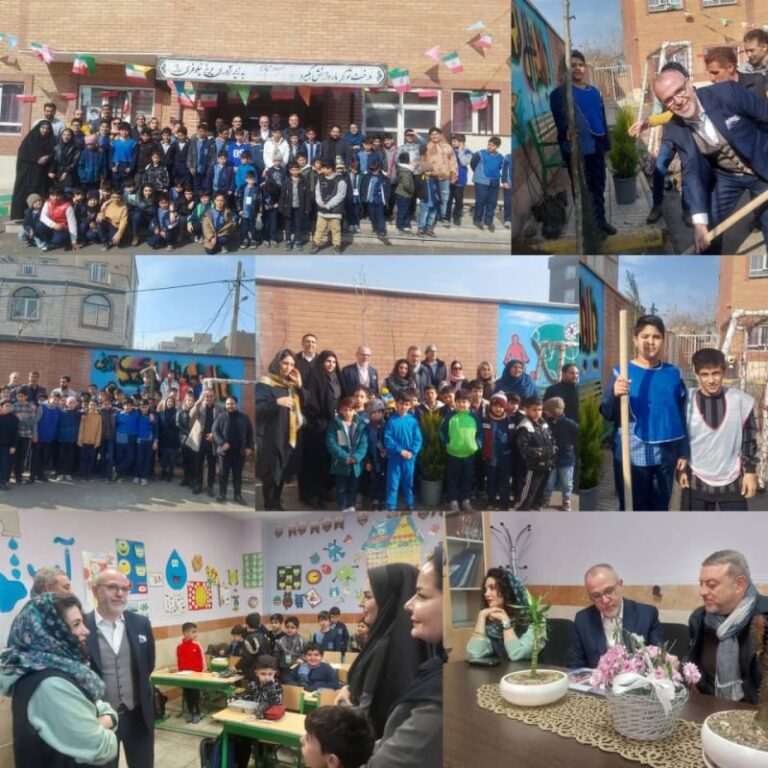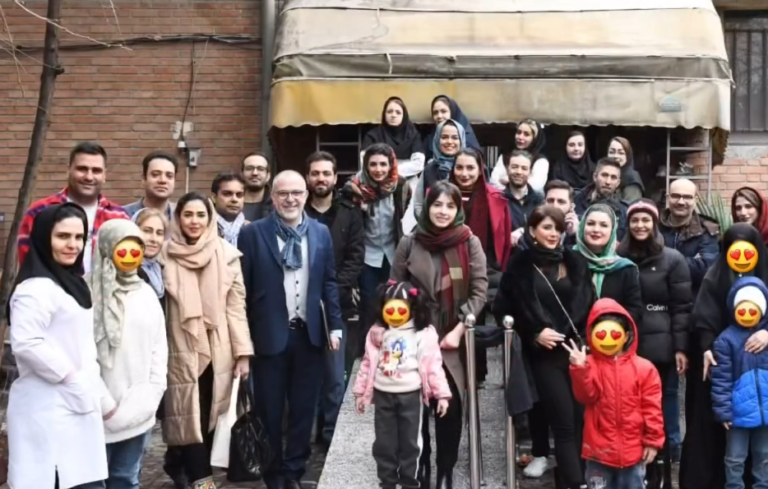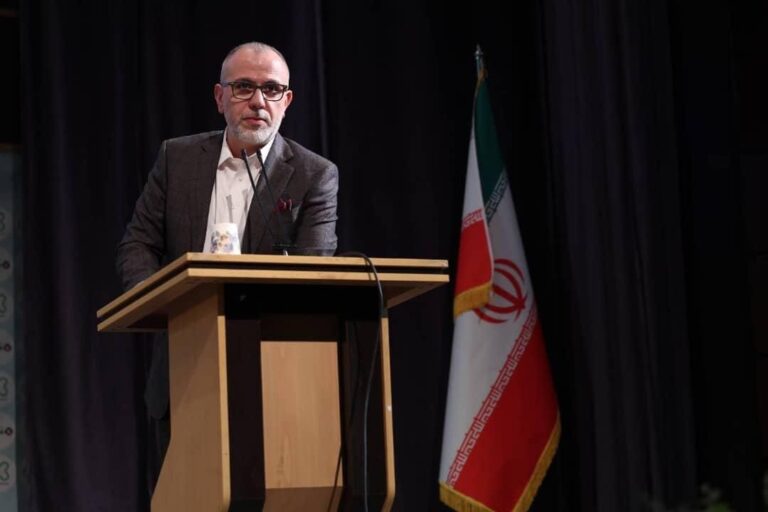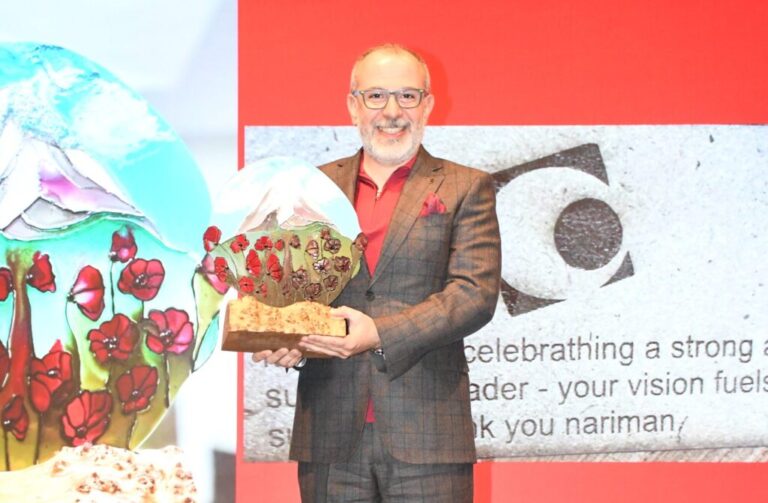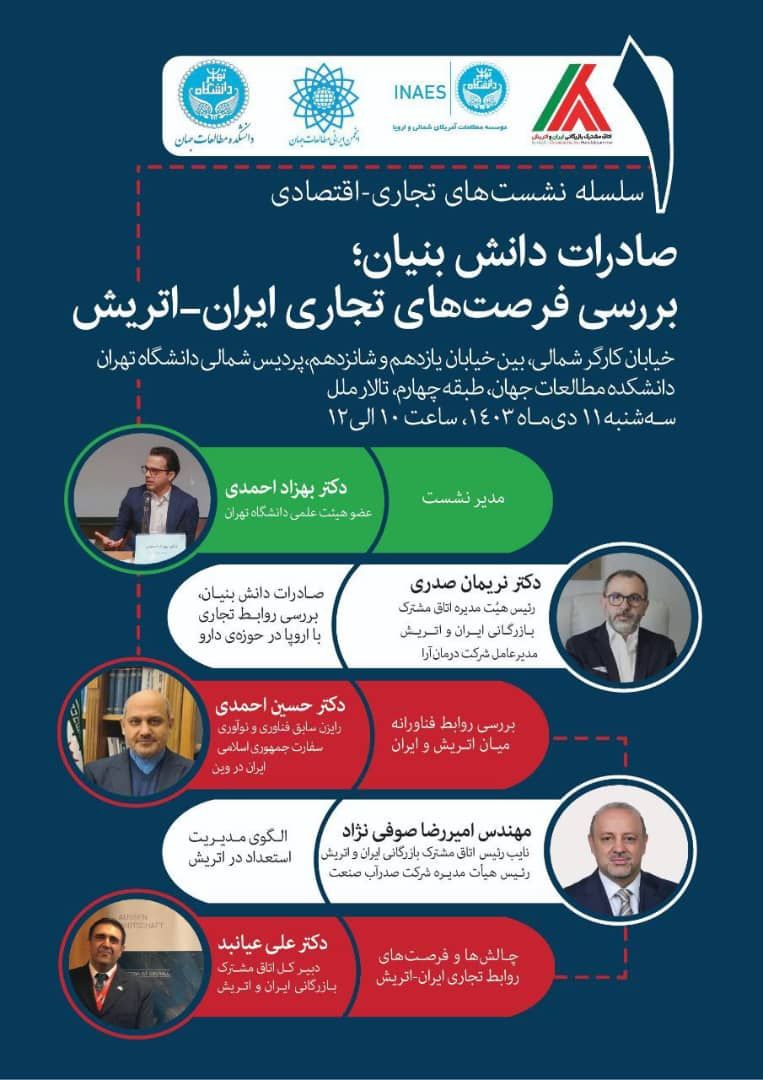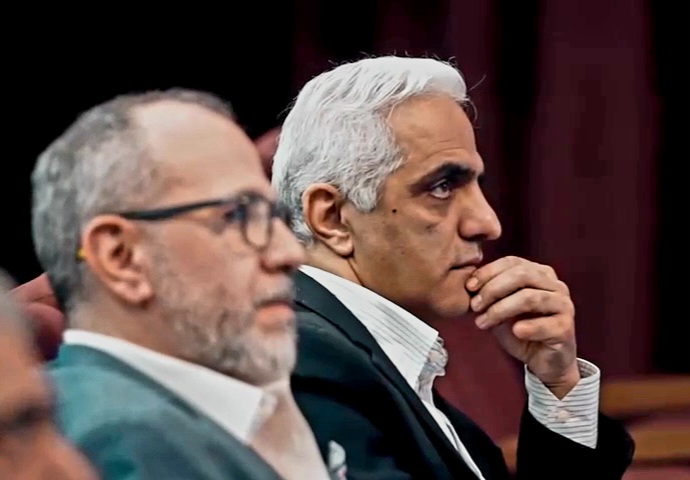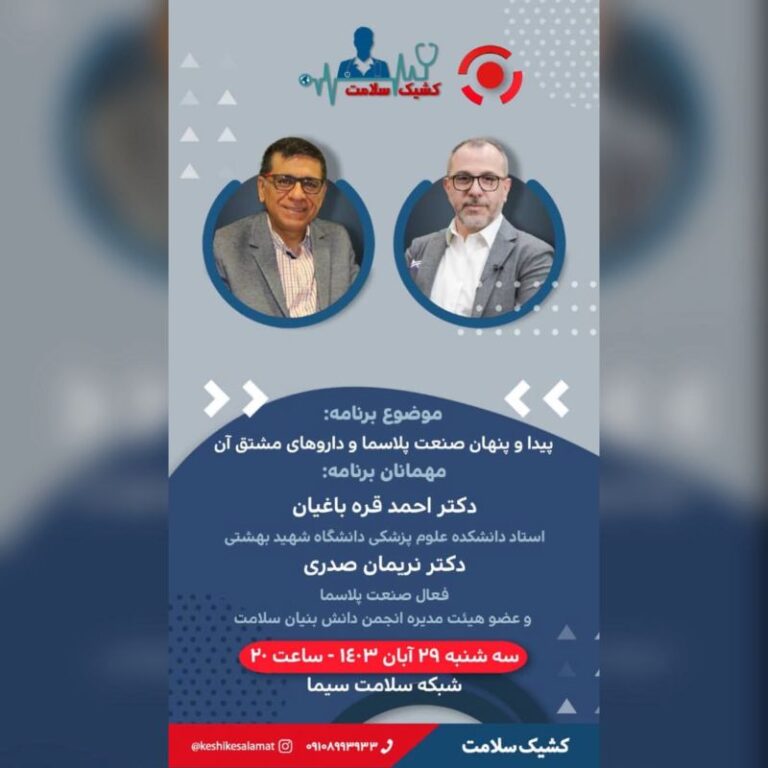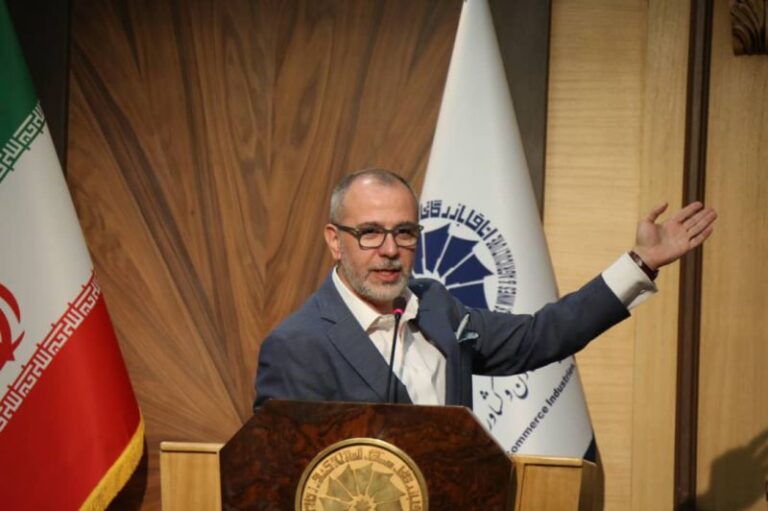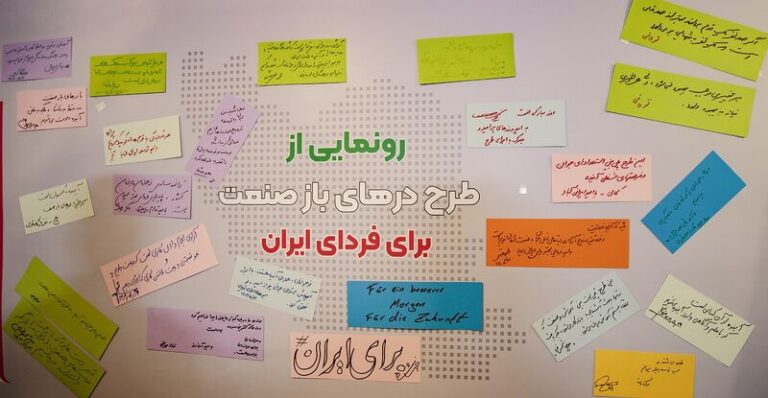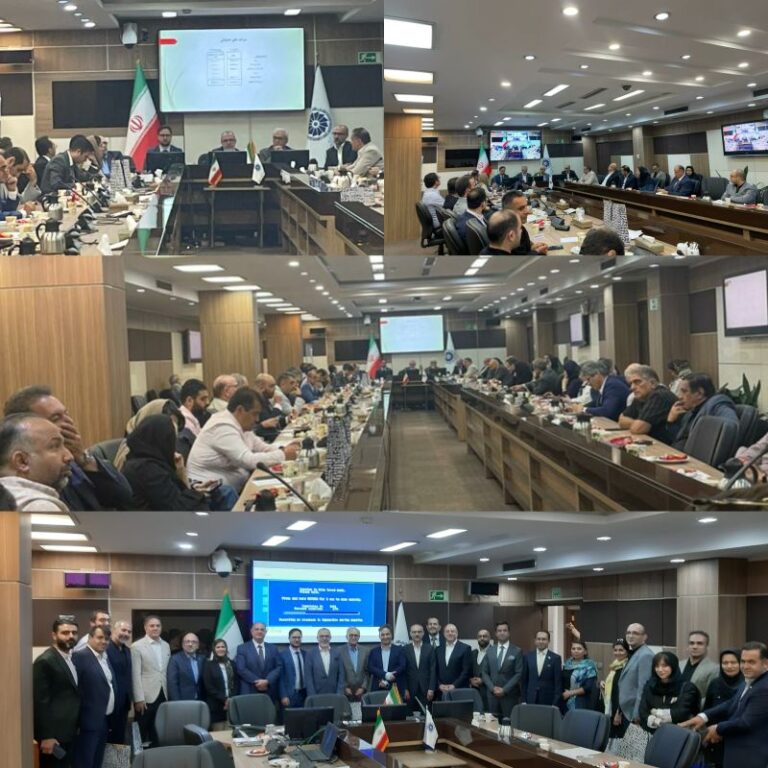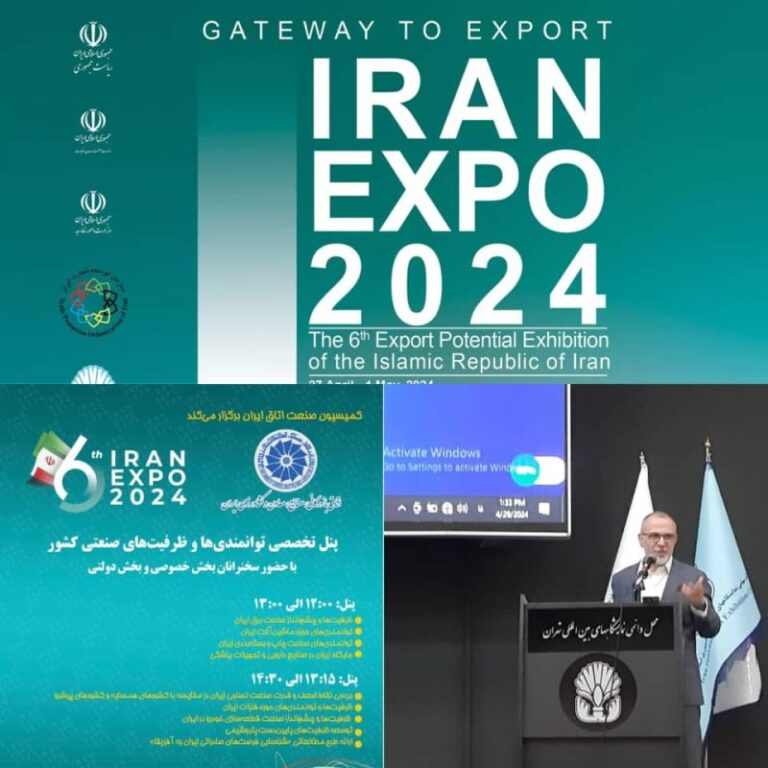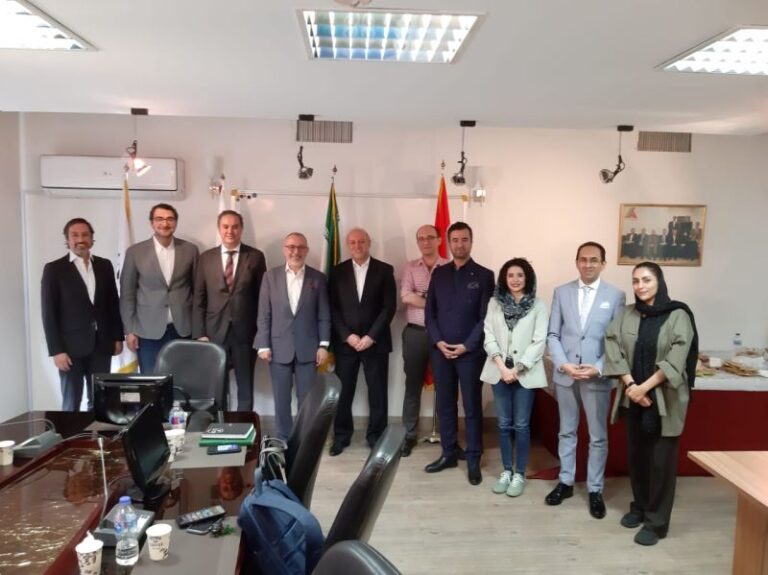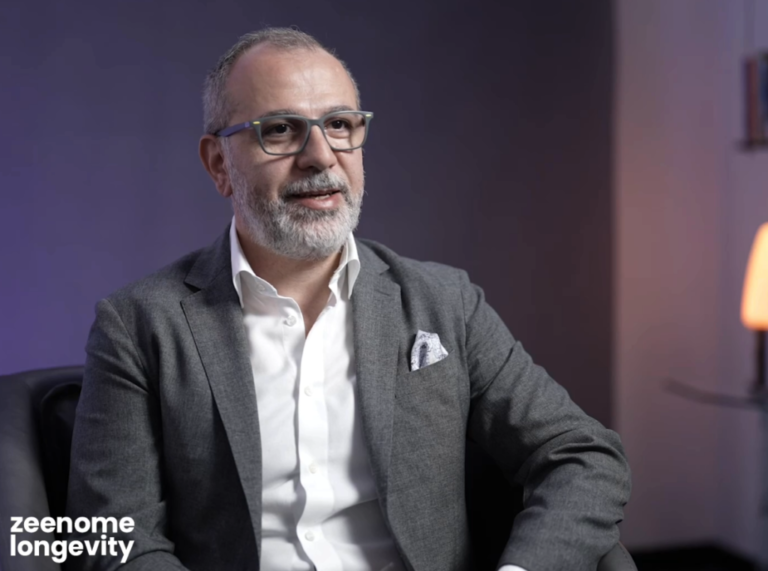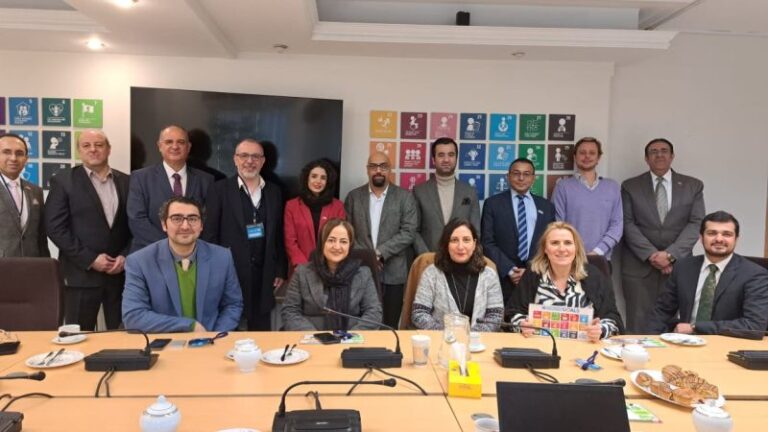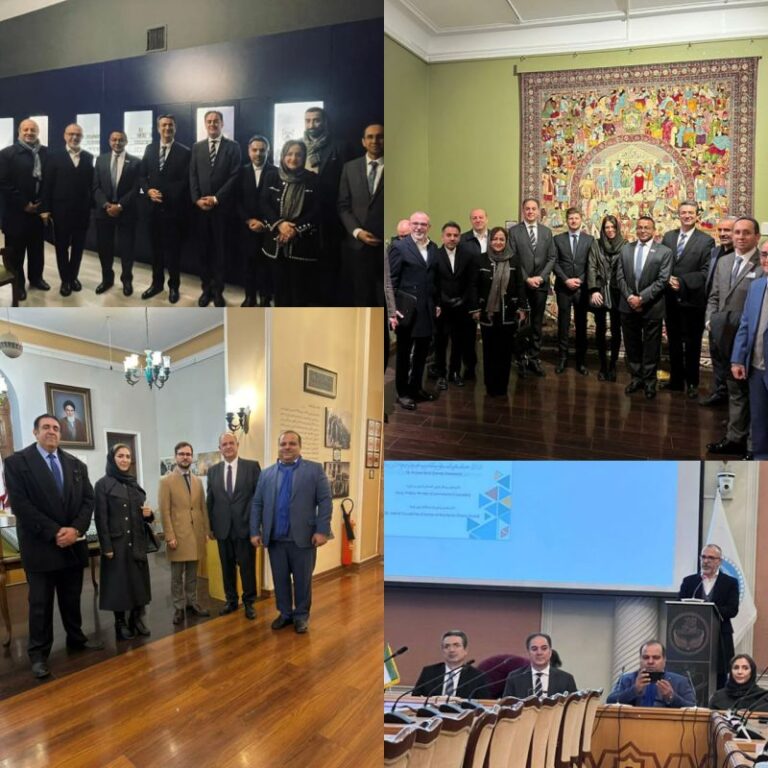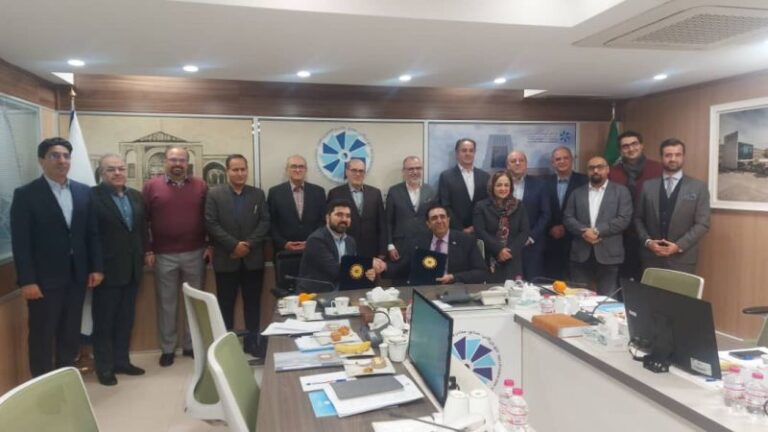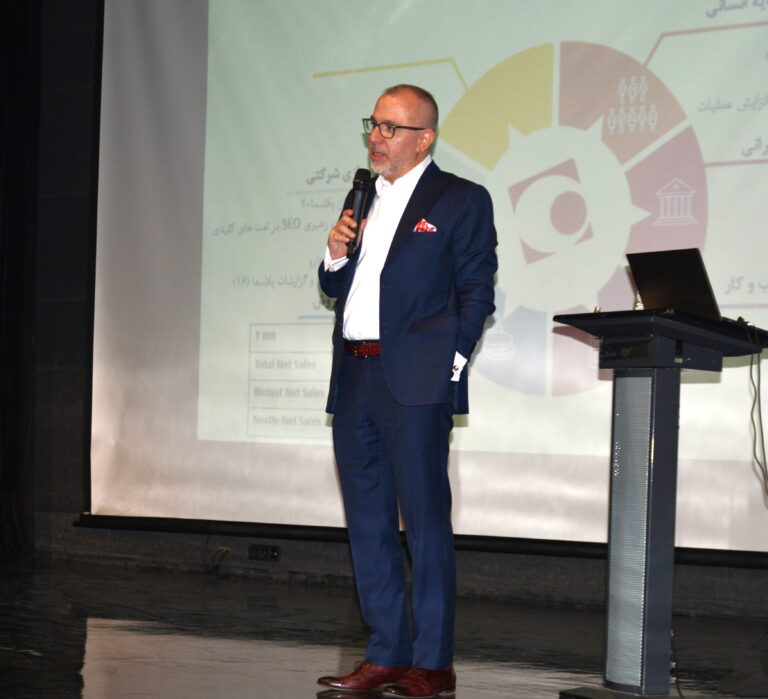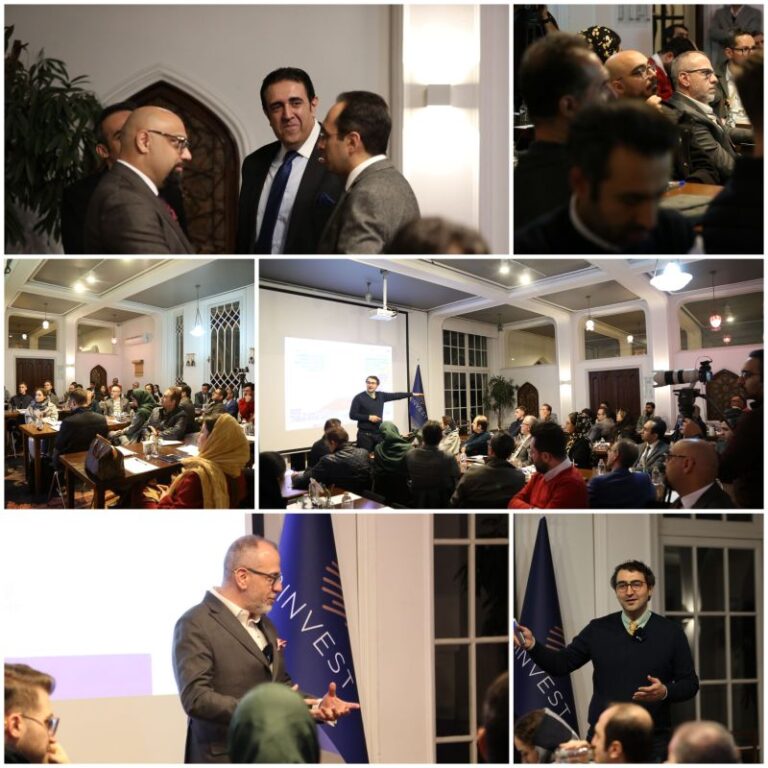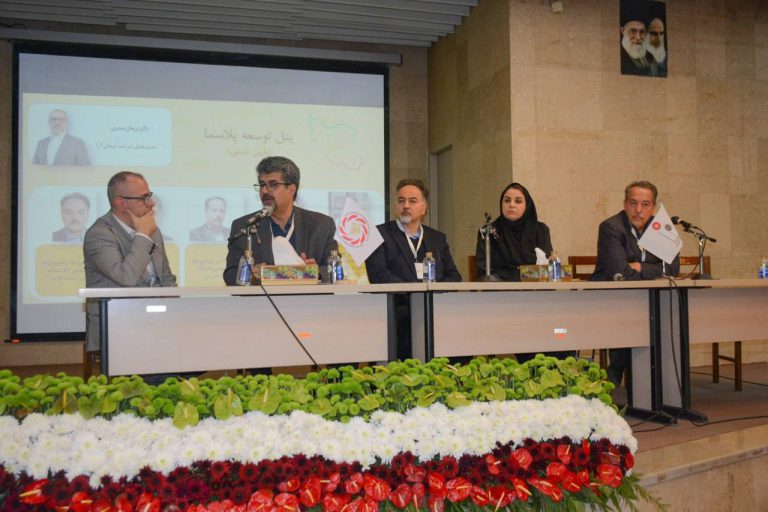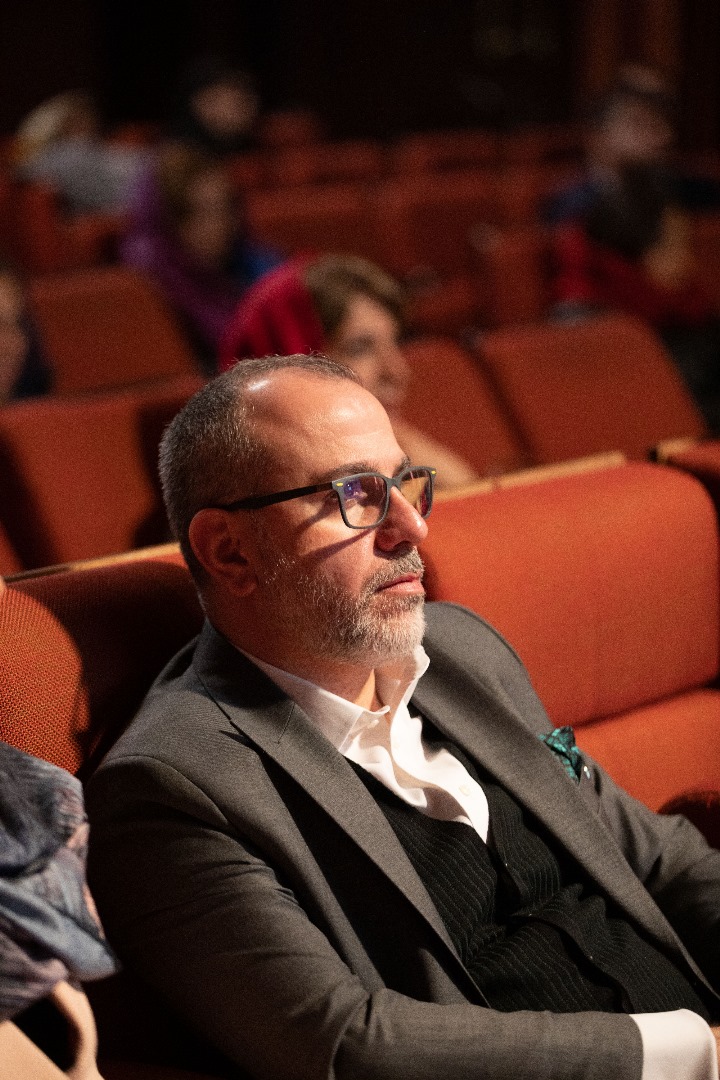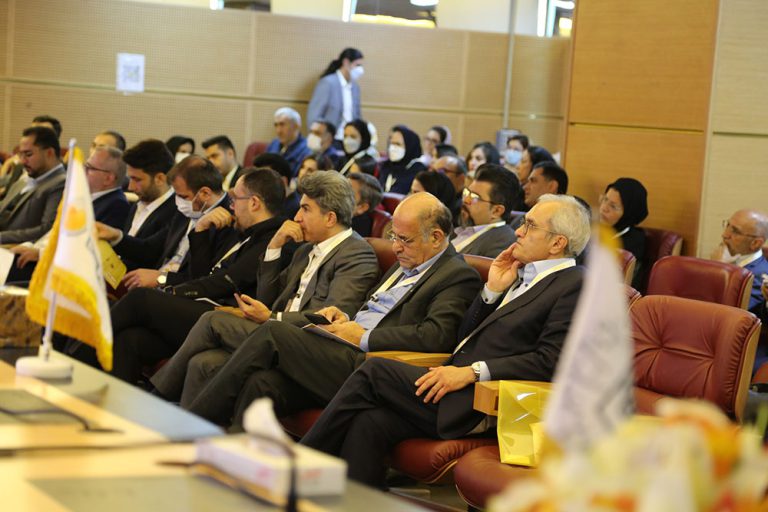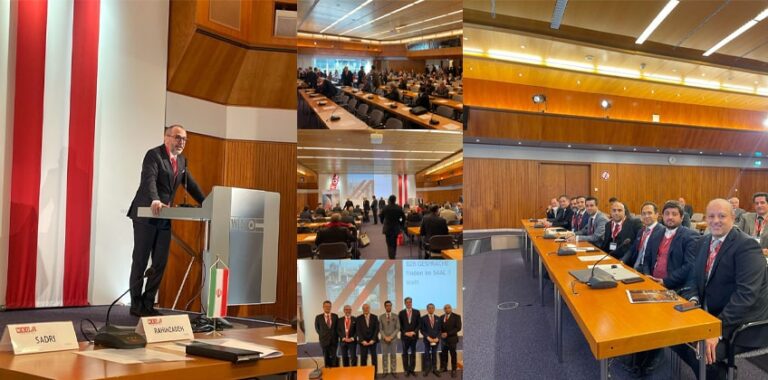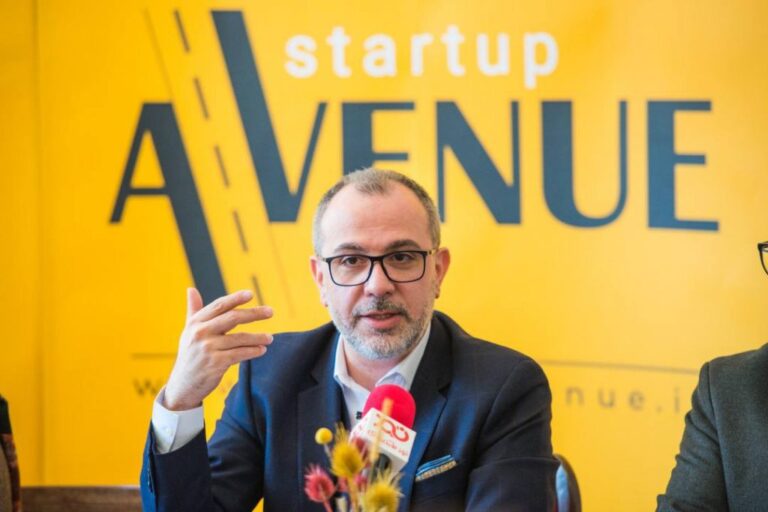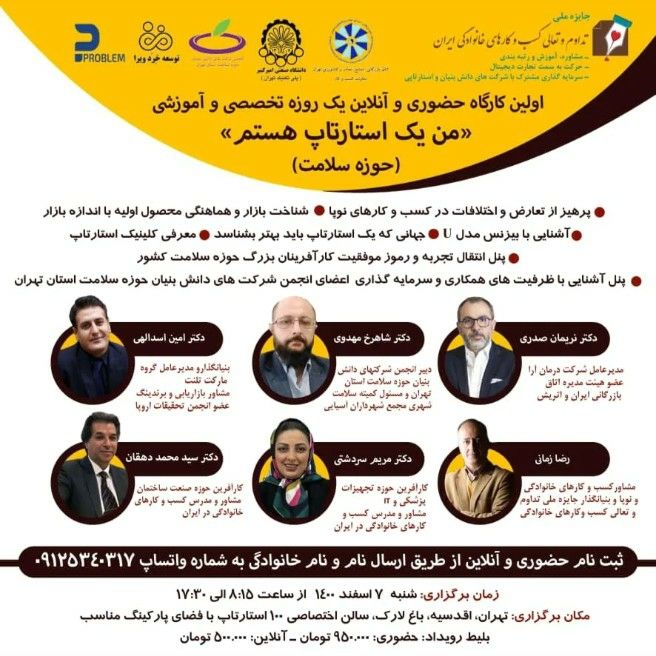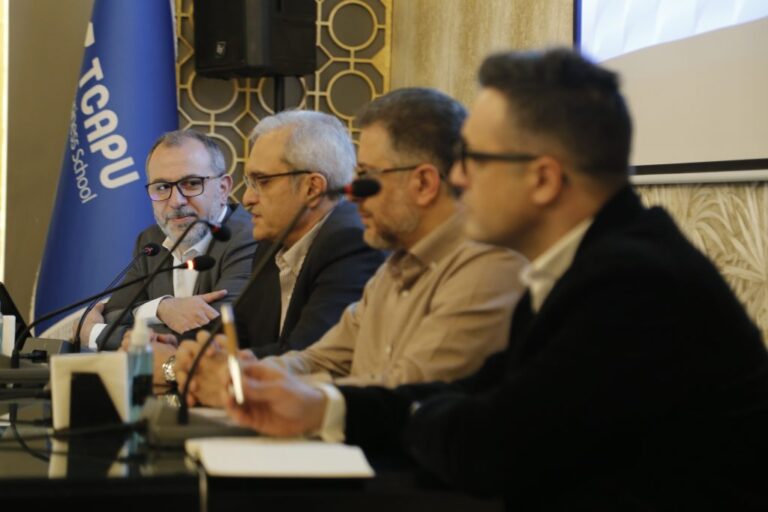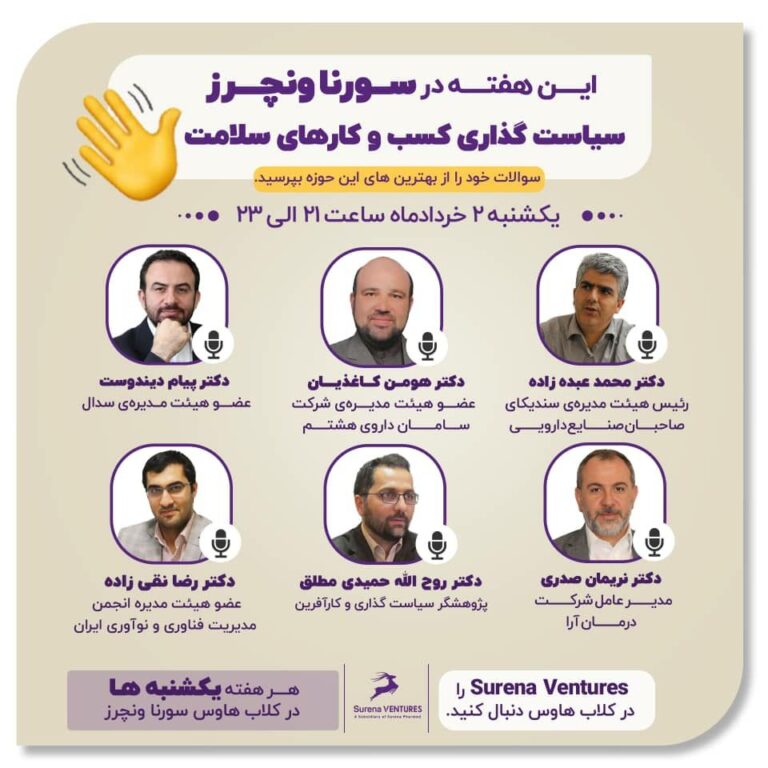Good corporate governance is a key factor in the success of a company. Weak corporate governance can undermine a company’s potential, lead to financial problems, and in some cases, cause long-term damage to its reputation. One of the major pitfalls of large corporations is the emergence of parallel governance structures driven by decentralized power hubs. These hubs are not focused on development but are driven by the desire to survive within the system. These forces act against transformation because they recognize that development is an intelligent process. While it propels the organization forward, it simultaneously eliminates inefficient structures and individuals. Therefore, the first organizational value sacrificed at the altar of their non-organizational goals is fairness. By doing so, they attempt to halt development, fearing the entry of capable competitors, whom they unfairly limit or even eliminate.
In this piece, I am not seeking to provide organizational leadership solutions. Throughout my career in multinational companies, I have experienced firsthand how senior leaders entered organizations under the banner of transformation. Yet, despite having experienced management consultants at their disposal, they sometimes failed to make significant progress. The primary reason was internal resistance from non-transformational forces within the organization – until the day the company faced financial difficulties and required an internal revolution. Only after major restructuring or merging with a company with strong corporate governance could the organization continue to survive, albeit smaller, or undergo a metamorphosis and start anew.
Let’s look at the story from the perspective of an individual trapped in an environment that stifles creativity and development. The feeling of frustration in a repetitive, dull environment – where the focus shifts from the core to the periphery – is palpable. In many cases, you either have to align with the dominant voice or risk being excluded from the system. Often, you feel that the oppressive pressures you face – from having your innovative ideas killed in the cradle to promotions being delayed by superiors for personal reasons – can break you.
I don’t intend to sugarcoat the bitterness of these experiences with a layer of sweet chocolate. I simply want to remind you, my friend, that awareness of injustice does not make you unjust. Amid the suffering that a career path can bring, seek your own questions. The interaction between humans with different fears and ambitions has never promised fairness in the workplace.
We, as humans, are defined by the magnitude of the problems and concerns we carry in life. These diverse problems shape different individuals. A person without a problem becomes entangled in the problems of others and, in essence, becomes a tool for them. Problems arise in the heart of suffering. Can we discover our own issues through the pain we feel from inequality in the workplace?
I don’t know the answer to this question, just as I don’t have answers to many others. But I do know that the answer for Nariman, shaped by his lived experiences, will differ from someone else’s. So, what is your question? Let’s reflect for a moment.
Photo: In Japanese, “Si” (with a soft ‘s’ sound) means fairness and is one of the core principles of corporate culture in Japan.
P.S. In this piece, I tried to capture the feelings of a teammate experiencing injustice in the workplace. As an organizational leader responsible for upholding the value of “Si” within my organization, I know I must learn more and strive to ensure fewer of my teammates experience this feeling.

